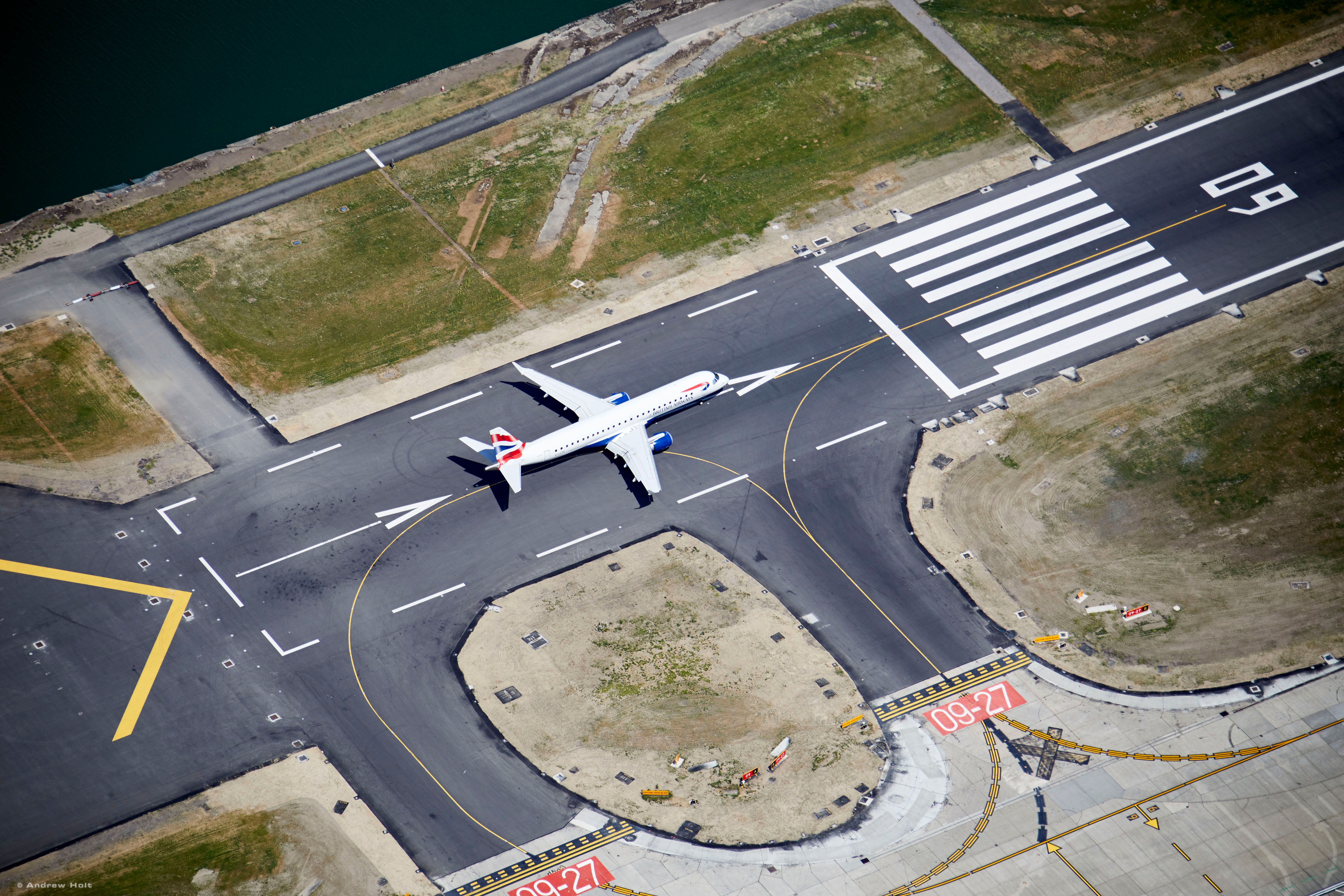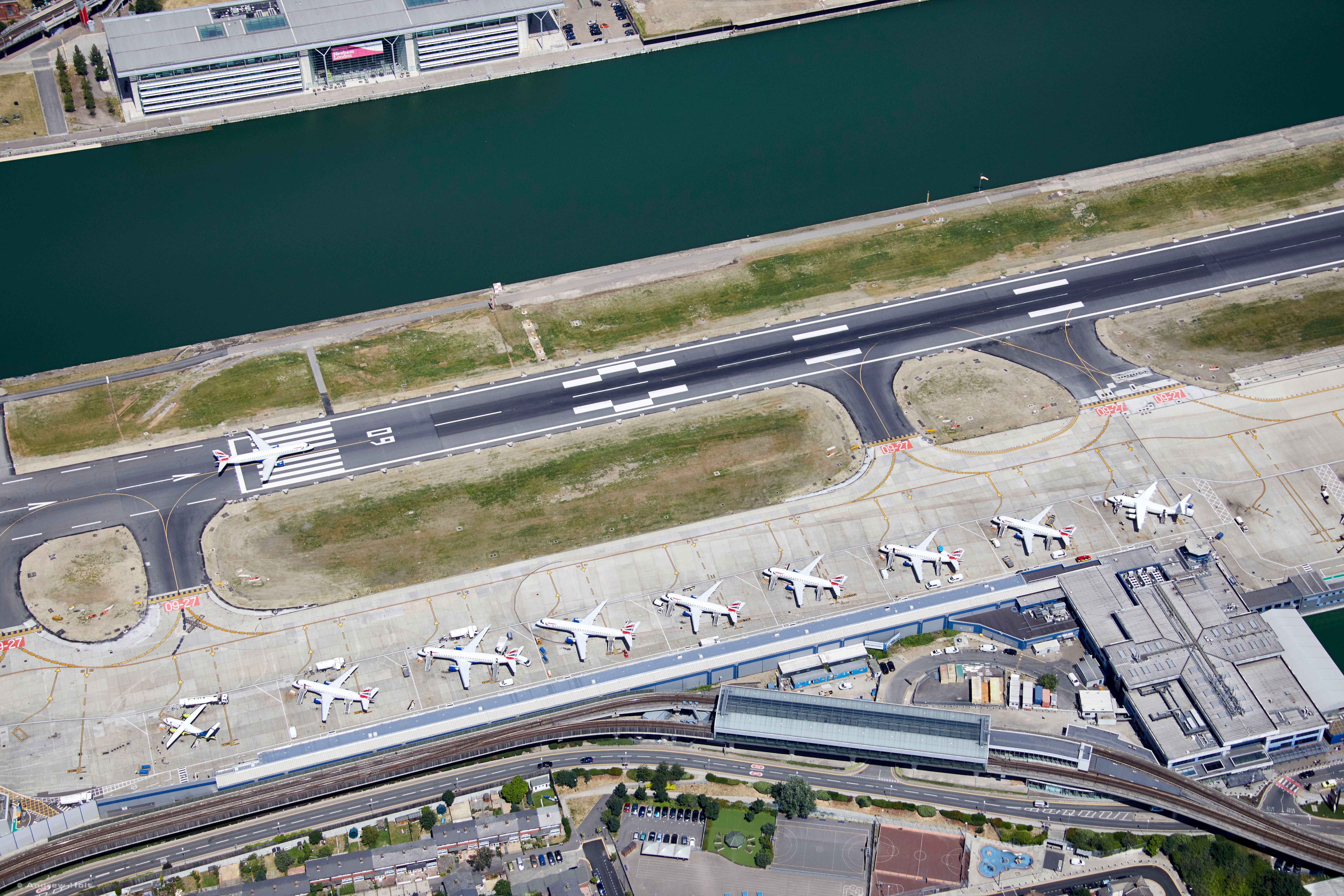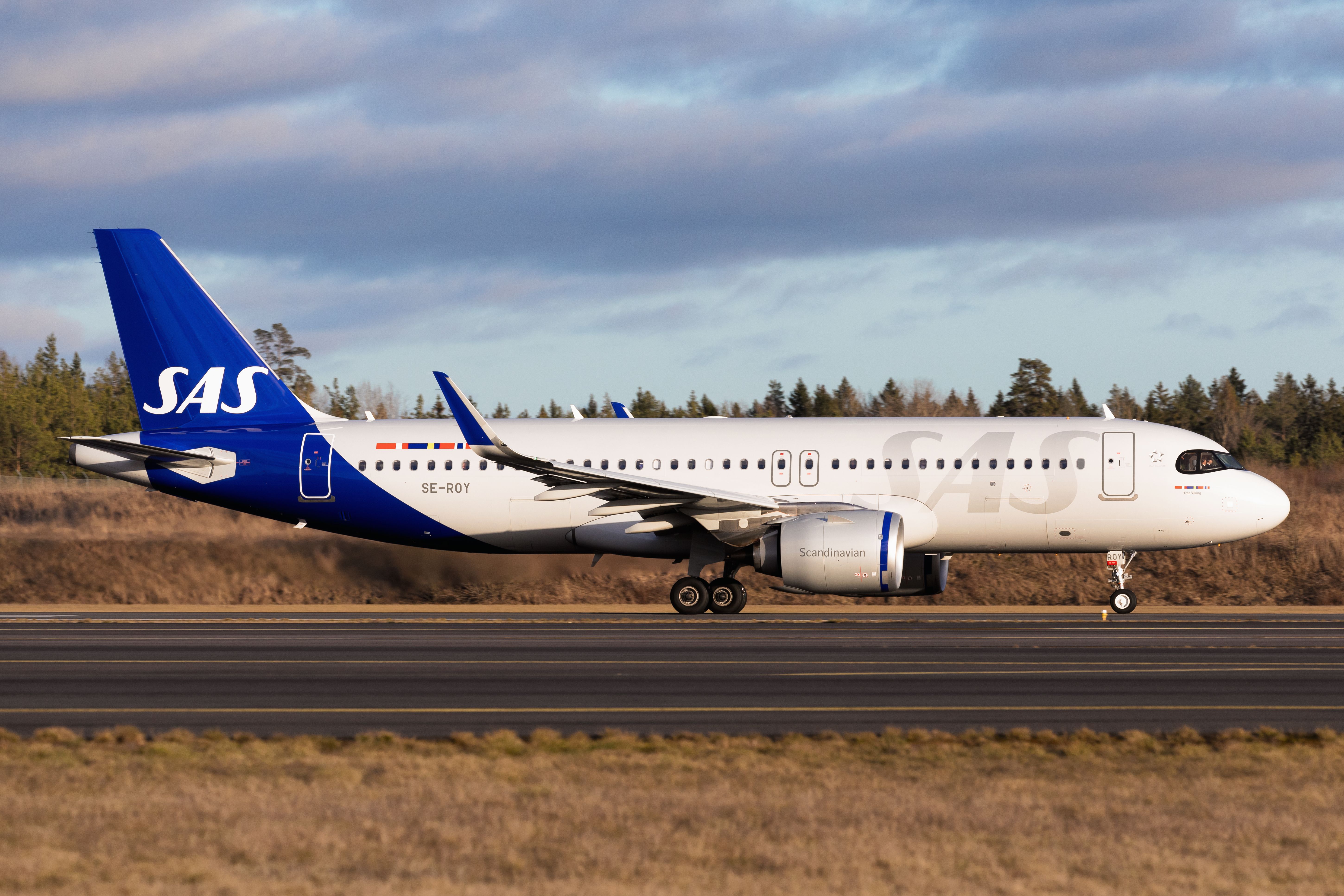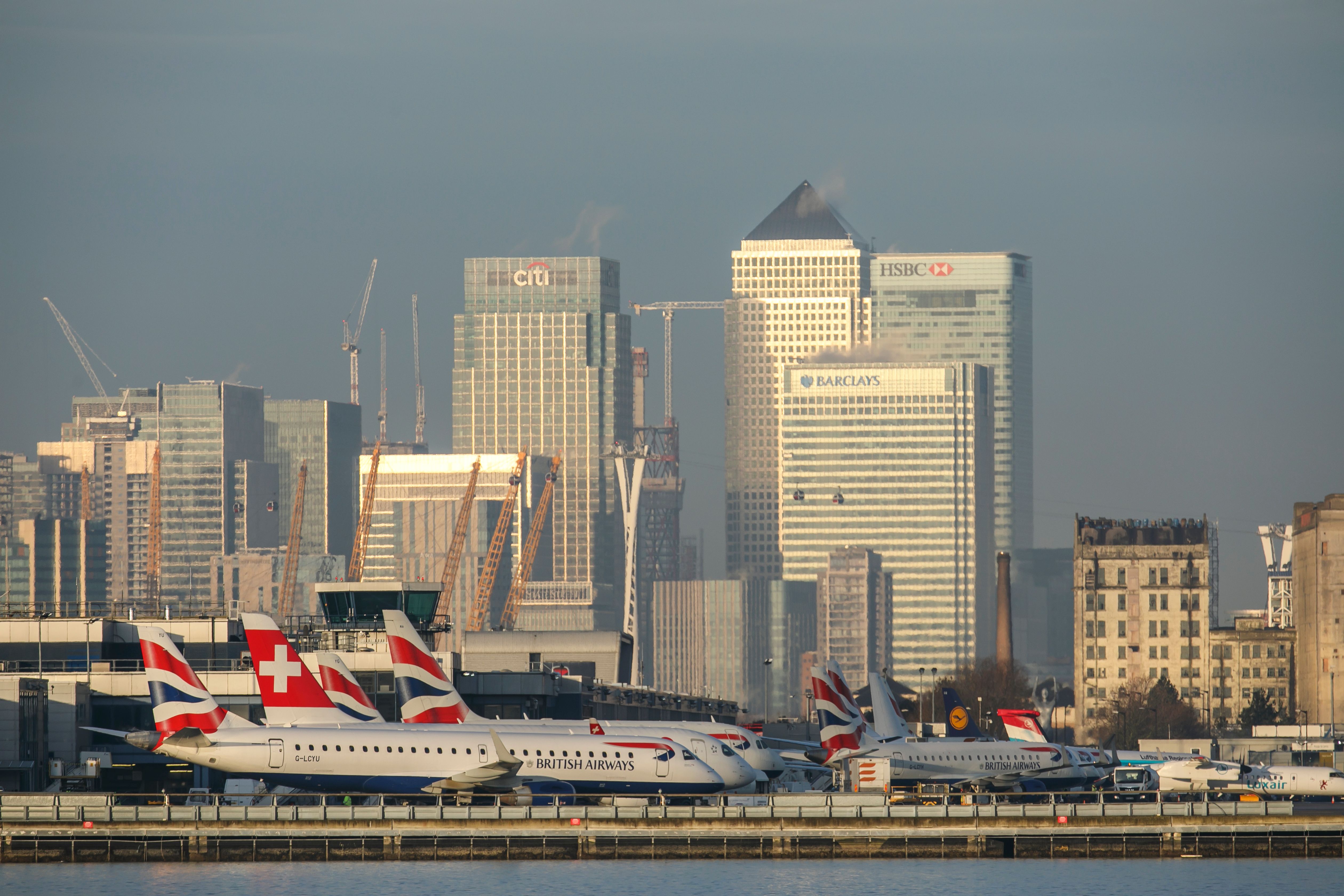On the morning of Sunday, May 28th, London City Airport's website was briefly hacked for a few hours. The cyberattack disabled the web page and displayed an error message to anyone trying to access the site.While the issue was resolved within a few hours, concerns have arisen about the potential implications of the attack and how to avoid similar security breaches in the future. The pro-Russian NoName Hackers Group claimed credit for the attack, leading to further fears surrounding the infiltration of the airport's website.
The pro-Russian NoName Hackers Group claimed credit for the attack, leading to further fears surrounding the infiltration of the airport's website.
A Dangerous Organization
Over the past fifteen months, the NoName organization has developed a reputation for cyberterrorism by taking down websites across the globe. While none of the group's attacks have caused severe damage, the fear surrounding NoName's attacks has grown significantly.
Recently, the group executed a targeted cyberattack on the Supreme Judicial Council of Italy, reportedly disabling the government organization's secure pages and arousing panic.
Now, after taking aim at the airport closest to the heart of London, concerns have arisen regarding whom the group will target next and what can be done to track down those responsible for the attacks.
Additionally, the organization's pro-Russian stance has led to some speculation as to the group's motives, especially considering that the hackers have yet to demand ransom money from any of their attacks' targets.
Important to note, however, is that London City Airport's operations were not affected by the incident, and airport authorities insist that everything has returned to usual and that an investigation is underway. As an airport spokesman said in a statement:
London City Airport's website is up and running, but access was briefly restricted this morning. Our I.T. team is investigating the issue.
Cybersecurity in aviation
While the NoName group has yet to attack any other airport or airline, this event comes on the heels of a variety of cybersecurity incidents and attacks that the aviation industry has fallen victim to over the past year.
Recently, Scandinavian flag carrier SAS reported an attack from a cyberterrorism group known as Anonymous Sudan. In this incident, which took place last week, the hackers disabled the airline's app and demanded a ransom of $175,000 to free the network from malware.
A similar incident occurred to low-cost Indian Carrier SpiceJet almost a year ago. Unlike the London City Airport incursion, the cyberattack on SpiceJet did lead to major operational disruptions for the airline.
Want the latest aviation news straight to your inbox? Sign up for our newsletters today!
Additionally, Southwest's logistical meltdown, although not attributed to hacker activity, has led to increased concerns about the amount which airlines rely upon technology that can be so easily compromised.
It is clear from attacks like those upon London City Airport, SAS and SpiceJet that hackers can break into airlines' and airports' systems. Furthermore, the Southwest incident this holiday break demonstrates the drastic consequences of a technological collapse.
If hackers seek to cause a Southwest-style meltdown, one can only imagine the catastrophic fallout that could follow. The airline industry must effectively combat cyberterrorism in order to ensure passenger safety in a new world of digital threats.
Source: MyLondon



